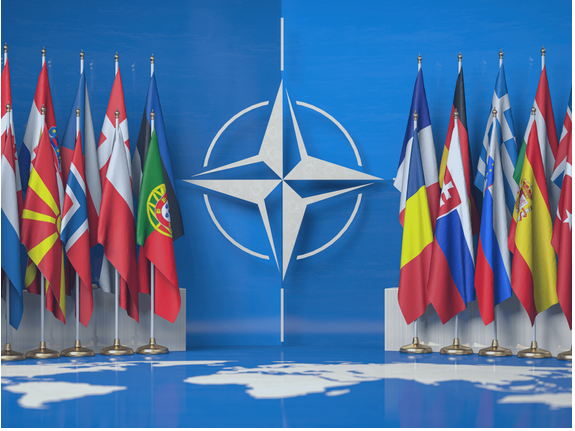
Given the growing need to strengthen national defense capabilities and resilience, NATO continues to be seen as a key pillar of security and trust in Central and Eastern Europe (CEE). The latest data published by Globsec, an international non-governmental organization based in Bratislava, Slovakia, which focuses on security and political issues in Europe and around the world, shows that an average of 82 percent of citizens in the region support their country’s membership in the alliance. They say this level of support has remained stable since the start of the Russian invasion of Ukraine in 2022.
However, there is still a certain degree of scepticism. For example, in Bulgaria (29 per cent of respondents), Slovakia (21 per cent) and Estonia (19 per cent), people express a desire for their countries to leave NATO.
Nevertheless, the majority still believe that NATO membership reduces the risk of foreign attack – particularly in Lithuania and Bulgaria, where concrete measures such as the planned deployment of the 45th German Brigade further reinforce the sense of security.
An interesting paradox emerges when comparing people’s willingness to defend NATO allies with their willingness to defend their own country. In all countries surveyed, more respondents are willing to support collective defense than to personally participate in the defense of their own country.
In Lithuania, the difference is as much as 22 percentage points; in Slovakia, only 49 percent would defend their country, while 62 percent support the defense of NATO allies.
While NATO remains the target of disinformation—including claims that it is an aggressive organization controlled by the United States—most citizens in Central and Eastern Europe reject such claims.
Globsec data shows that, on average, only 30 percent believe these narratives, and this percentage has been declining since 2020 in countries such as the Czech Republic, Hungary, Poland, and Slovakia.
Faced with hybrid threats – from cyberattacks and fake bomb threats to videos created by artificial intelligence before elections – citizens in this region are making it clear that they want a more proactive approach from their governments.
More than 90 percent of respondents believe that countries need to strengthen their resilience to crises, cyber threats, and disinformation, and provide clear guidelines for action in emergency situations.
Globsec’s analysis concludes that these findings indicate strong public confidence in NATO as a protective umbrella, but also a growing need for member states to simultaneously strengthen their own capabilities to successfully address traditional and modern security challenges./The Geopost/

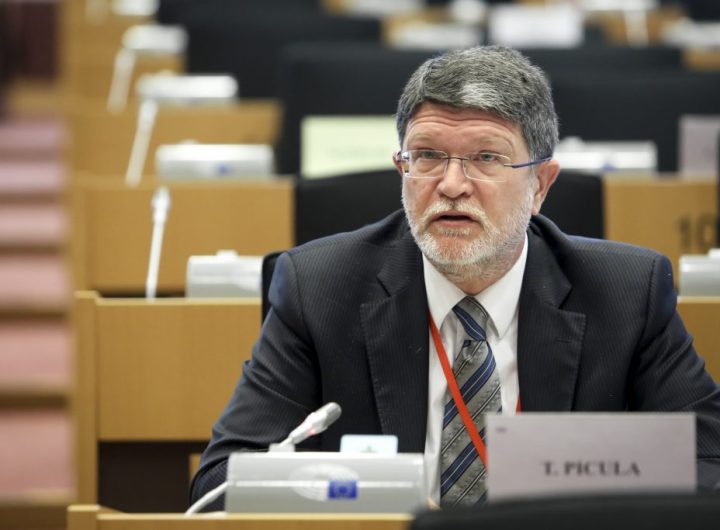 Picula: No EU membership for Serbia without recognizing Kosovo, arrest Radojcic
Picula: No EU membership for Serbia without recognizing Kosovo, arrest Radojcic 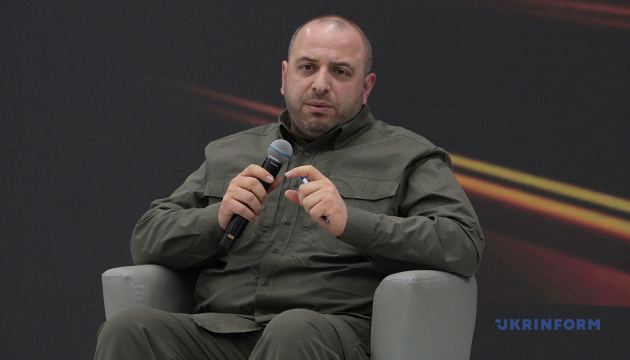 Ukraine, UK agree to joint production of interceptor drones
Ukraine, UK agree to joint production of interceptor drones 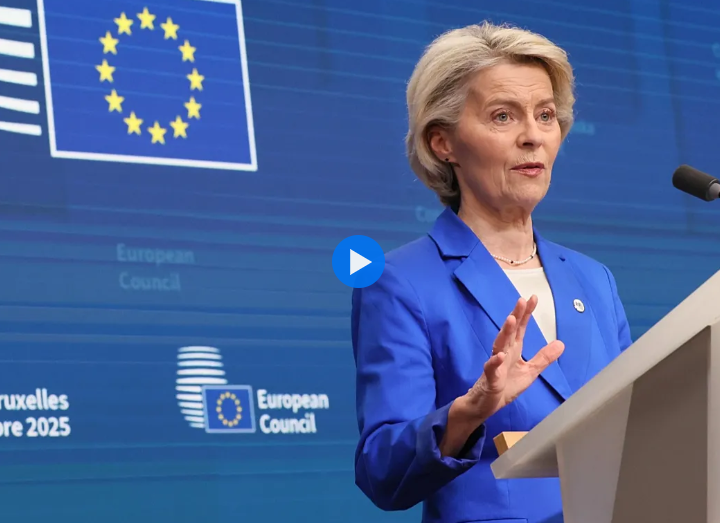 European Union seeks to end dependency on China for rare earths
European Union seeks to end dependency on China for rare earths  The “Flower of Srebrenica” monument unveiled in Vienna
The “Flower of Srebrenica” monument unveiled in Vienna 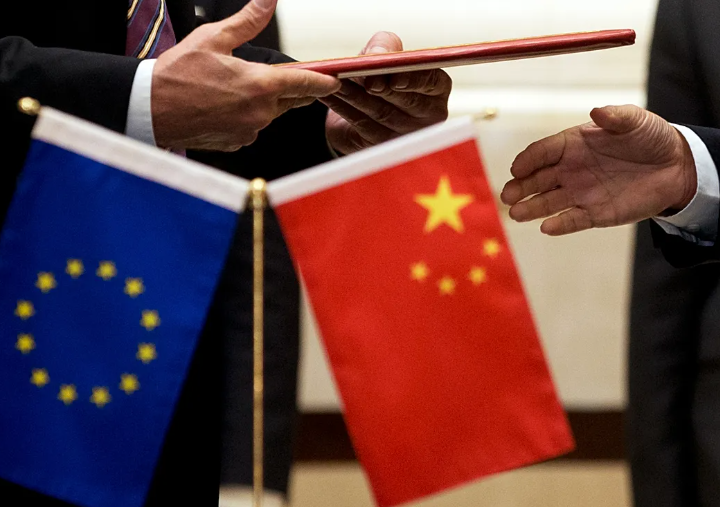 Tensions remain high as China and EU prepare Brussels meeting on rare earths
Tensions remain high as China and EU prepare Brussels meeting on rare earths 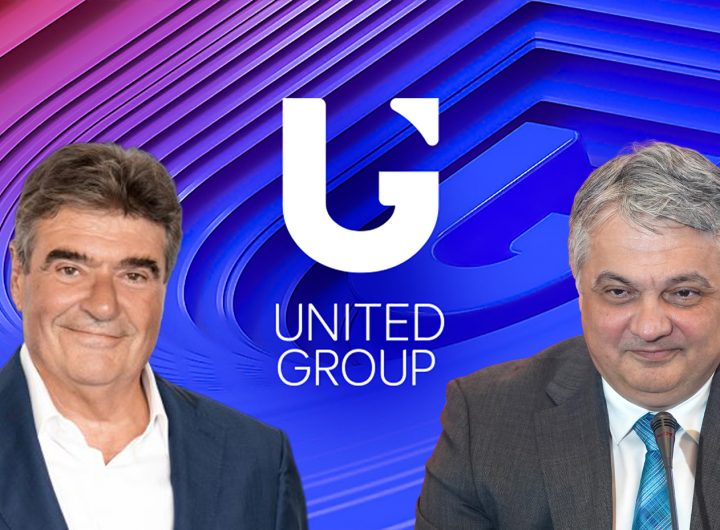 Two months after the release of the Lučić-Müller video: Criminal charges for trading in influence filed with TOK, but the case has no epilogue
Two months after the release of the Lučić-Müller video: Criminal charges for trading in influence filed with TOK, but the case has no epilogue